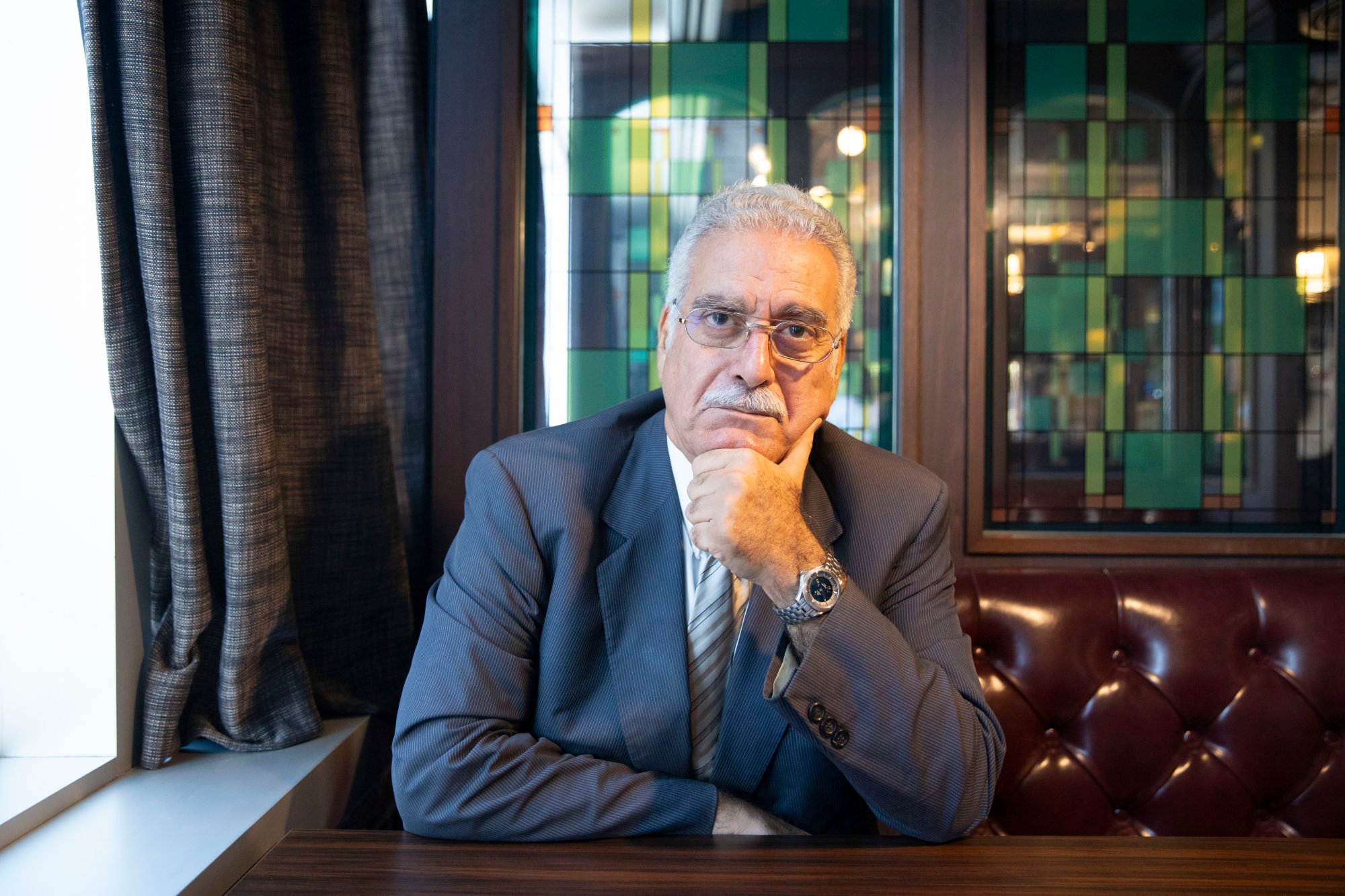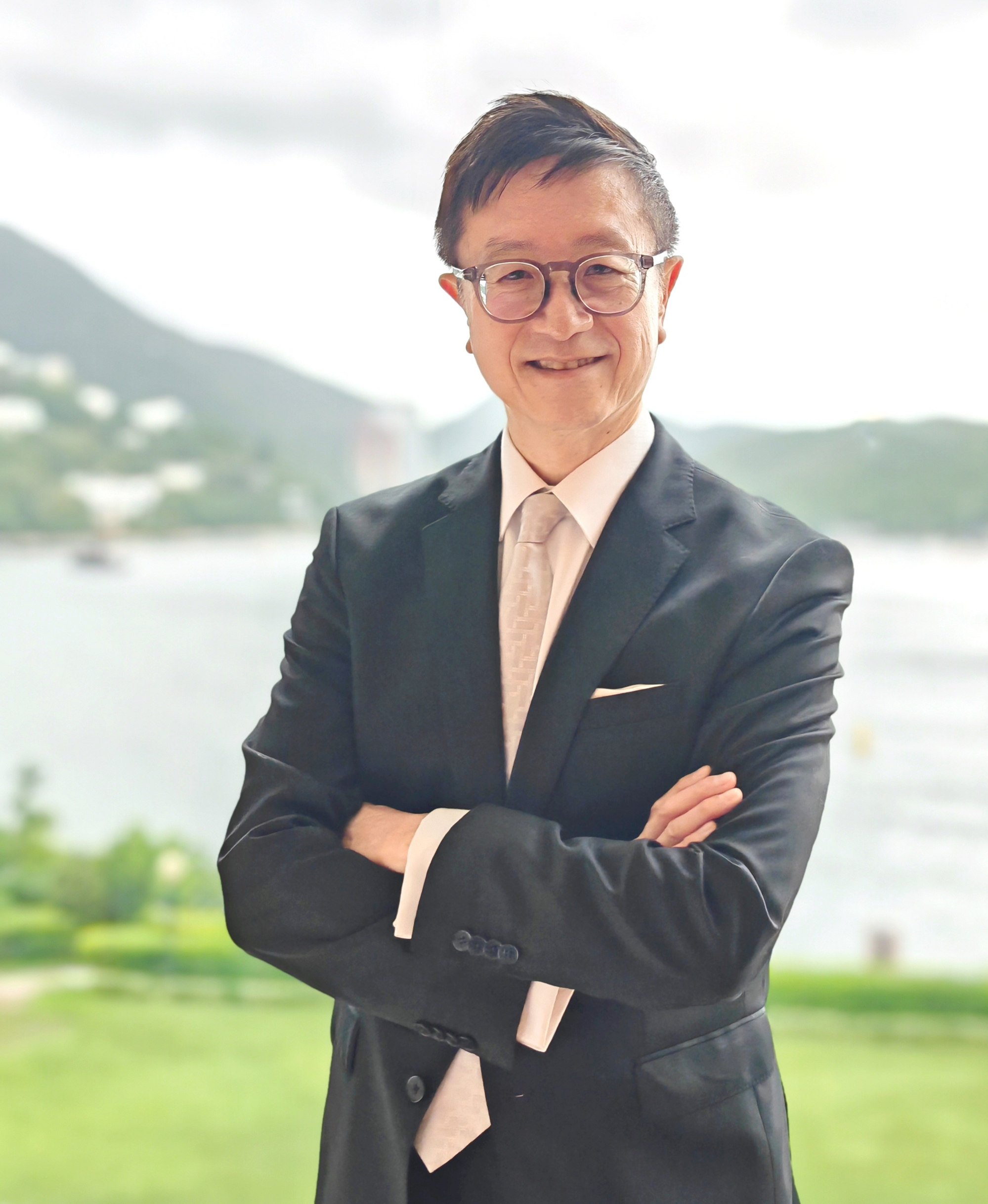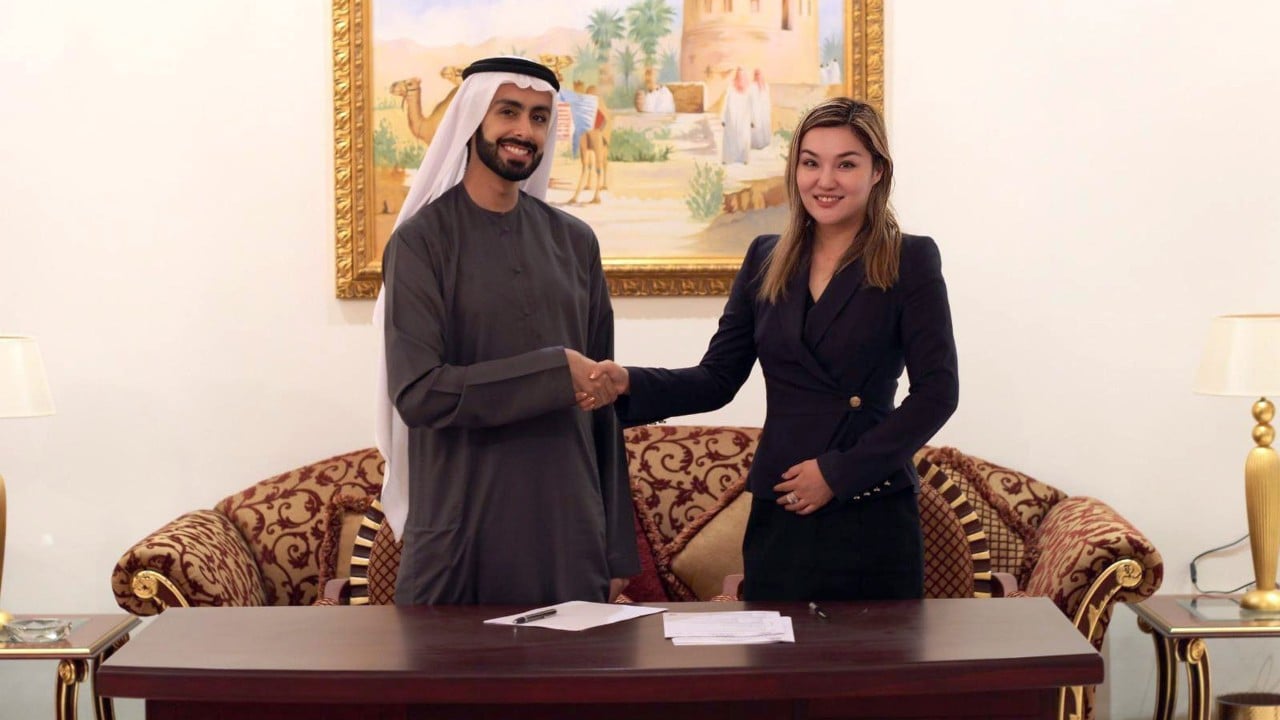The saga of a Dubai prince and his abandoned US$500 million Hong Kong family office has left a “bad taste” in the city and the United Arab Emirates, but business leaders have said the incident will not affect the financial hub’s appeal to the super-rich.
Sheikh Ali Rashed Ali Saeed Al Maktoum, a member of Dubai’s royal family, made a splash in March when he revealed on a visit to Hong Kong that he would open a family office at the end of the month.
But a media frenzy was sparked when the ceremony was called off at the eleventh hour, followed by the discovery of Maktoum’s alter ego as pop singer Alira.
The Hong Kong government also faced questions over the thoroughness of its due diligence before it had invited him to speak at a summit.
The family office in Hong Kong at first promised that Maktoum would return at the end of May for its inauguration.
The sheikh’s private office in Dubai signalled the abandonment of the plan in a statement issued by its protocol unit.
It said that it would not be opening a branch or representation office in Hong Kong “in the foreseen future”.
“However, our interest in exploring business ventures and opportunities in Hong Kong, mainland China, and Southeast Asia remains strong,” the office said.
It added that it remained committed to business activities in Southeast Asia.
Edwin Hitti, the president of the Arab Chamber of Commerce and Industry in Hong Kong, said Maktoum’s aides and partners had not handled the affair well and that the young sheikh, who did not have a background in investment, was “misrepresented” and “misguided”.
“The broader impact is that it has made a mockery out of the whole exercise,” Hitti said. “It has made the Hong Kong public wary of fake, or untrue, potentially, Arab investors.
“It has resonated on the Arab side that when going to Hong Kong, one is going to a place where people are only after your money.
“On both sides, it has left a bad taste.”
The Post learned Maktoum’s television interview and a trip to the mainland in March were organised by William Tien, the former director of international strategic relations for the prince’s private office.
Tien also signed a cooperation agreement with the Hang Seng University of Hong Kong on behalf of the office.

The Post earlier reported that Tien, a Singapore passport holder, had a history of unsuccessful blockchain ventures and was involved in a solar plant deal in the United States that had collapsed because of a lack of funding.
The Singaporean has updated his personal LinkedIn profile to show he left the job at Maktoum’s private office in May.
He declined to comment on the change of status last month.
Hitti, who ran a wealth management firm in the late 1990s, said it was unusual for a royal to be as hands-on and in the spotlight.
“Middle East sheikhs, princes and businessmen have their financial affairs managed by some of the world’s top financial advisers – JP Morgan, UBS, and so on,” he explained.
“They hardly manage their own affairs themselves, unless they’re doing a personal investment that they are interested in.”
Jeremy Lu Yuen-tong, the managing director of Antioch Management Asia, said he had spotted unusual features in the make-up of the prince’s office, based on his 14 years of experience advising the family offices of the super-rich, which usually maintained a very low profile.
Maktoum’s private office website at present shows a banner that reads “under maintenance”, but it includes his public appearance at Hong Kong’s Hang Seng University in March in an “events” section designed to highlight his “global presence”.
Lu said the high-profile approach and an office staffed with business development and marketing roles instead of a chief investment officer and asset managers looked more like a fundraising operation than the single family office that “they wanted to pretend to be”.
“In this field, it’s all confidential and all very private,” he said. “We do not disclose anything to the outside world.
“Single family offices normally do not have a website and do not need a website, because they serve basically family members and they do not need the public to know exactly what they’re doing.”
He added that there were several types of family offices, including “commercial multifamily offices”, which were “upgraded, rebranded, repackaged” asset management firms that sold high-value products and also promoted themselves to attract investors.
“These are very legitimate business enterprises and there is nothing wrong with that,” Lu said.
“But just try not to confuse the public that you’re a single-family office when in fact you’re a multifamily office. That is the issue.”
The first hints of the collapse of the Hong Kong venture emerged after a Post interview with Eleanor Jane Mak, then the vice-chairman and CEO of the prince’s family office in the city.
Maktoum’s office later said Mak was not authorised to speak on behalf of the sheikh and had “no charges” in his companies.

The family office’s sign at its Sheung Wan premises was taken down days later.
Mak has yet to respond to a request for comment on the statement from the Dubai representative.
Lu said the bad publicity generated by the Maktoum controversy was “very unfortunate”.
But he said it was “part of a learning curve for all the stakeholders” and, based on his conversations with insiders and family offices on the mainland, the impact had been minor.
“It’s not systemic, but only an isolated incident,” Lu said.
He insisted that the city remained a very competitive home for family offices because of its favourable tax regime and pool of qualified professionals.
Lu said one way to boost Hong Kong’s appeal to the wealth management industry was to lay down requirements for qualified trustees to run family trusts.
He added that rival offshore jurisdictions had set up licensing systems to regulate the management of the sector.
Hitti said the government only had a limited role in the Maktoum row, but that authorities should ensure better due diligence efforts in the future.
He added unrest in the Middle East had caused difficulties for the region’s businessmen and the movement of capital to Europe and North America.
But Hitti said the situation had created an ideal opportunity for Hong Kong to attract Middle Eastern money to the city.
But he added some city officials lacked awareness of the need to “reinvent” Hong Kong, adapt to a changing world and take the steps needed to rebuild its appeal to investors.
“The problem is that we are not reinventing ourselves to offset the deficiencies that we have at the moment in Hong Kong,” Hitti said.


